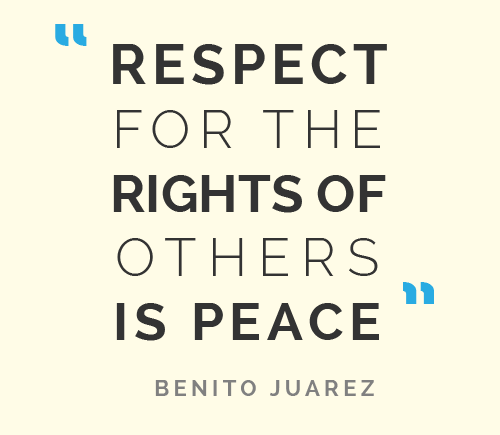sharing
Buid Retain their Peaceful Society [anthology chapter review]
In a recently published article, Thomas Gibson makes it clear that the Buid still retain the “radically pacifistic and egalitarian” society that he studied from 1979 through 1981. He revisited the Buid, also spelled Buhid in many publications, again in May 2009 for the first time in many years. While a new description of Buid […]
Chewong Economic and Social Changes [anthology chapter review]
Anthropologists have characterized many hunting and gathering societies as “immediate return,” a phrase that describes people who consume their food immediately since they have no way of accumulating and storing surplus. Such foraging societies often lack competition and are highly egalitarian. The Chewong certainly fit that description. In contrast, “delayed return” societies, especially peoples who […]
Chewong Peacefulness Despite Social Changes [anthology chapter review]
The Chewong of Malaysia experience, or at least they used to experience, absolutely no violence within their society. They see themselves as peaceful and timid, people without leaders, individuals who forage for their needs in the forests. In contrast, they view others, primarily neighboring Malays and Chinese, as violent, fearless, powerful, demanding and angry, people […]
Altruism Is Undercut by Anonymity [journal article review]
The cultural beliefs of some societies, such as the Ju/’hoansi, prompt people to share generously, to forgive failures, and to act altruistically. But there’s a catch. The actors and their actions must be known publicly. When people can act anonymously, their behavior may become more self-focused. Polly Wiessner, an anthropologist who has studied the Ju/’hoansi […]
Irrigation and Sharing in Ladakh [anthology chapter review]
In traditional Ladakhi communities, scarce supplies of water were carefully distributed to the fields of all landowners so everyone could have their fair share of the precious resource. Mann (1986) describes how the villagers engaged churpons, officials who would channel water and avoid wastage. The churpons, paid by the families that received the water, saw […]
Ethnography of Ifaluk Atoll [review of anthology chapter in preparation]
A current article by Richard Sosis, an anthropologist at the University of Connecticut and the Hebrew University of Jerusalem, discusses the traditional culture and values of the Ifaluk Islanders. His article is to appear in an edited volume, though apparently that work is not far enough along in the publication process to merit listings in […]
Semai Peacefulness and Waorani Violence: Contrasting Worldviews
“The Semai are among the most peaceful people known,” wrote Clayton A. Robarchek and Carole J. Robarchek in a 1998 article just added to the Archive of this website. The authors analyze the nature of the Semai beliefs that foster their peacefulness, and, equally as intriguing, they compare those beliefs with a South American society, […]
Country Foods Give Inuit Identities—Most of the Time [journal article review]
While the Inuit now live in settlements, with groceries available in local markets, they still prize foods that have been hunted, fished, or gathered from the country. Gathering, hunting, and fishing activities give them a sense of place, time, meaning, and reality. Their relationship with nature—the land and other living things—allows them to understand themselves. […]
Guelaguetza and Gifting in Oaxaca and San Diego
The guelaguetza, a traditional form of sharing in Oaxaca, has crossed the border north into San Diego County, California, and become an annual festival for the Zapotec immigrant community. Over 5,000 people, including a reporter for the North County Times, attended the 11th annual Guelaguetza celebration held on the campus of California State University San […]
Ifaluk Food Sharing Best Described as Mutualism [journal article review]
Anthropologist Richard Sosis makes several interesting points about fish-sharing and punishment practices on Ifaluk Island in a recent, brief, article. His work appears as one of 13 rejoinders to a very thorough examination of the ethnographic literature of food sharing patterns by Michael Gurven in the journal Behavioral and Brain Research. Gurven, in the main […]
